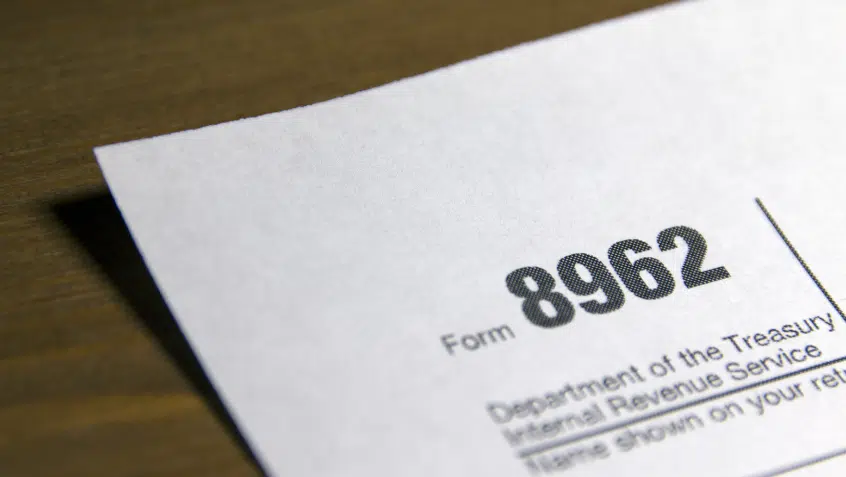
[x_blockquote cite=”Beau (Baton Rouge, LA)” type=”left”]Dear Marci,
I am new to Medicare. I have been receiving treatment for depression and anxiety for several years, and have gotten treatment in both inpatient and outpatient settings. Will these services be covered under Medicare? How much will they cost?[/x_blockquote]
Dear Beau,
Medicare covers medically necessary mental health care—services and programs that are intended to help diagnose and treat mental health conditions.
If you have Original Medicare, Part A covers inpatient mental health services that you receive in either a psychiatric hospital (a hospital that only treats mental health patients) or a general hospital. Your provider should determine which hospital setting you need. If you receive care in a psychiatric hospital, Medicare covers up to 190 days of inpatient care in your lifetime. If you have used your lifetime days but need additional mental health care, Medicare may cover your additional inpatient care at a general hospital.
Be aware that you will have the same out-of-pocket costs with Original Medicare whether you receive care in a general or psychiatric hospital:
- The Part A deductible: Before Medicare covers the cost of inpatient care, you have to meet the deductible for the benefit period. In 2018, the deductible is $1,340.
- Days 1-60: After you meet the deductible, Medicare pays in full for the first 60 days of your care.
- Days 61-90: Medicare pays part of the cost, and you are responsible for a daily coinsurance. In 2018, the coinsurance is $335.
- Lifetime reserve days: For up to 60 lifetime reserve days, Medicare pays part of the cost, and you are responsible for a daily coinsurance. The coinsurance in 2018 is $670.
Medicare Part B covers outpatient mental health care, including the following services:
- Individual and group therapy
- Substance abuse treatment
- Tests to make sure you are getting the right care
- Occupational therapy
- Activity therapies such as art, dance, or music therapy
- Training and education (such as training on how to inject a needed medication or education about your condition)
- Family counseling to help with your treatment
- Laboratory tests
- Prescription drugs that you cannot administer yourself, such as injections that a doctor must give you.
- An annual depression screening that you receive in a primary care setting. Speak to your doctor or primary care provider for more information.
- The depression screening is considered a preventive service, and Medicare covers depression screenings at 100% of the Medicare-approved amount.
Original Medicare covers these outpatient mental health services (with the exception of the annual depression screening) at 80% of the Medicare-approved amount. This means that as long as you receive services from a provider who accepts assignment (meaning they accept Medicare’s approved amount as full payment for a service), you will pay a 20% coinsurance after you meet your Part B deductible.
Medicare Part B also covers partial hospitalization for mental health treatment for people who meet coverage requirements. Partial hospitalization programs provide care that is more intensive than other forms of mental health care, but less intensive than inpatient care.
If you have a Medicare Advantage Plan, your plan must cover the same inpatient and outpatient mental health services as Original Medicare, but they may impose different rules, restrictions, and costs. If you need information about a plan’s costs and coverage rules, or if you are experiencing problems, contact your Medicare Advantage Plan.
-Marci
The Latest
Most Read
Add Medicare to Your Inbox
Sign up to receive Medicare news, policy developments, and other useful updates from the Medicare Rights.
View this profile on InstagramMedicare Rights Center (@medicarerights) • Instagram photos and videos









